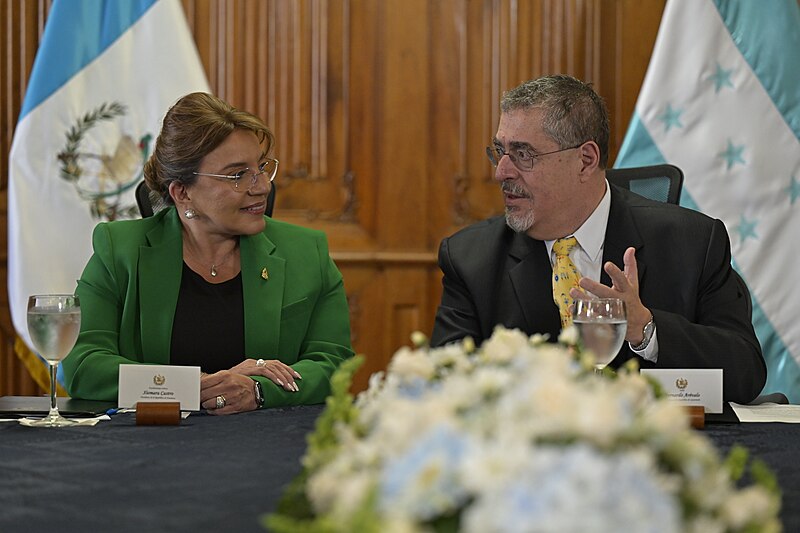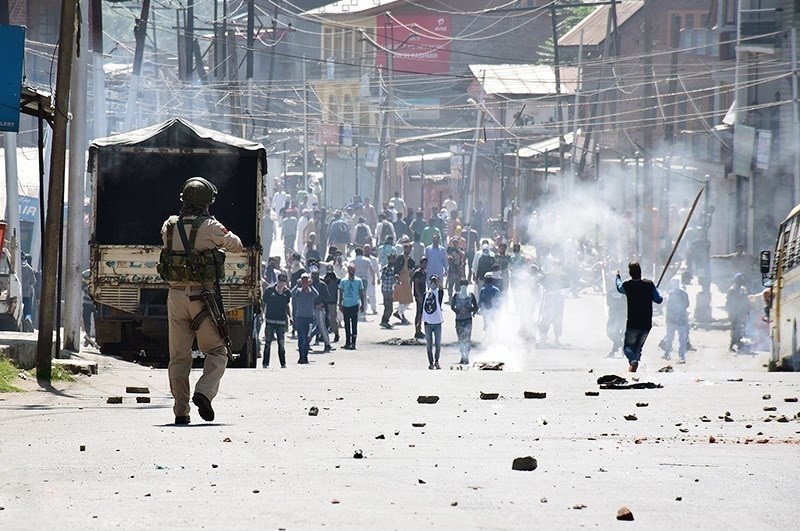Guatemala’s political transformation faced growing challenges as the government intended to eliminate independent oversight and accountability, including prosecuting corruption. Following the review period, the unexpected election of opposition candidate Bernardo Arévalo as president in August 2023 prompted established powers to employ legal and illegal tactics to severely limit his authority.
Guatemala’s economy has been recovering from the impact of the COVID-19 pandemic. After a 1.8% contraction in 2020, GDP surged by 8.0% in 2021 and is forecasted to grow by 3.4% in 2022. The service sector remains the largest contributor at 62%, followed by manufacturing at 21-22% and agriculture at 10%. Government-funded services make up the remaining 6%.
Guatemala grapples with ongoing governance challenges, notably the disproportionately low support for indigenous communities. Attempts to change the constitution to acknowledge indigenous rights are blocked, citing concerns of national unity. This underscores deep-rooted disparities, hindering equitable development and exacerbating social tensions along ethnic lines.

